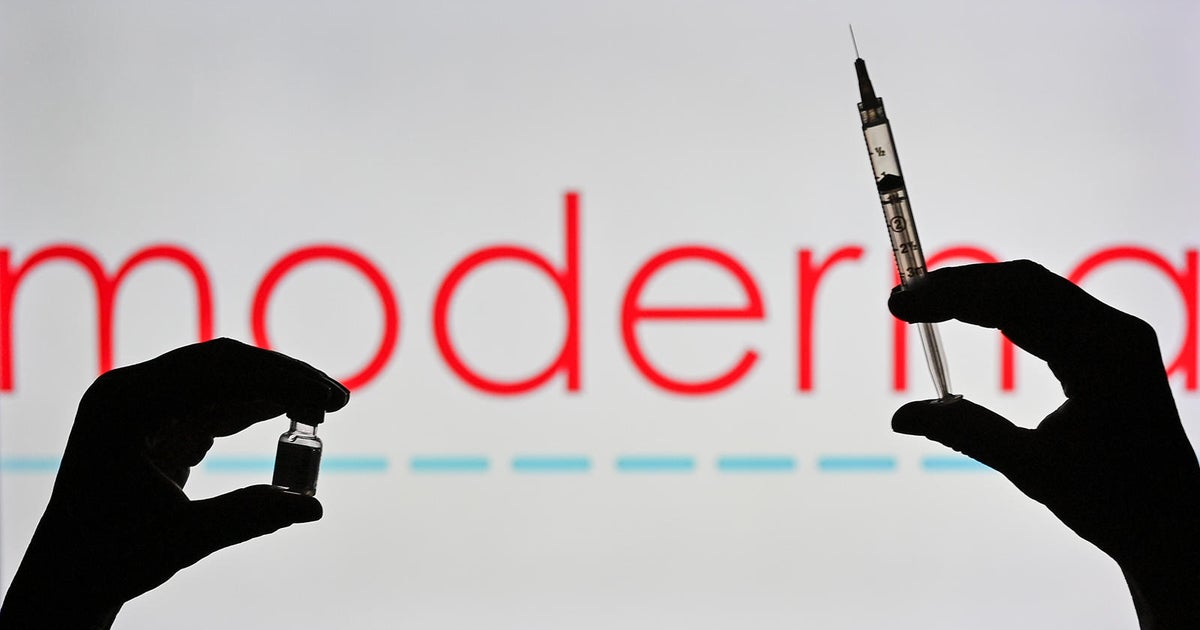Gottlieb says vaccination "should be a backstop" to protect against virus variant
Washington — Dr. Scott Gottlieb, who once helmed the Food and Drug Administration (FDA), said Sunday that COVID-19 vaccines "should be a backstop" against a new coronavirus variant detected in the United Kingdom that has now been identified in the United States.
"The good news with B.1.1.7, if there is good news, is that as we vaccinate more of the population, it should be a backstop against the continued spread of that variant," Gottlieb said of the U.K. strain in an interview with "Face the Nation."
New coronavirus variants have been identified in the U.K., South Africa and Brazil and are now circulating globally, according to the Centers for Disease Control and Prevention. The U.K. variant, B.1.1.7., has been reported in 30 states, while the South African variant, B.1.351, and Brazilian variant, P.1, have been reported in South Carolina and Minnesota, respectively.
Gottlieb said there is evidence to suggest the U.K. strain causes more severe illness and is roughly 50% more transmissible, but he noted that data from COVID-19 vaccine trials from Johnson & Johnson and Novavax, which are both developing coronavirus vaccine, shows immunization and prior infection appear to be protective against the variant.
"Prior immunity and the vaccines do appear to be as effective against this new variant," he said. "So as we immunize more of the population and if people continue to wear masks and be vigilant in these parts of the country, we can keep this at bay. It's not too late, but it's a real risk to those regions of the country right now."
Gottlieb predicted there could be booster shots to protect against the variants for the fall and said the FDA is working on a regulatory framework to allow for the vaccine boosters to be licensed.
"I think that framework is going to be mapped out and the companies have said they're already working on those new boosters. We could have them in time for the fall across all these vaccines. There's no reason we can't do that," he said.
Gottlieb said it's unlikely there will be a national epidemic with B.1.1.7 in the spring and summer, though the fall does pose a risk. Instead, he predicted there will be regionalized epidemics, with California and South Florida the current hotspots. There are 113 reported cases of the U.K. variant in California and 125 reported cases in Florida, according to the CDC.
"Those cities need to be very mindful of the spread of these variants," he said.
There have been more than 26 million confirmed coronavirus cases in the U.S. and nearly 440,000 deaths, according to Johns Hopkins University. But the Biden administration is warning the death toll will surpass 500,000 and projecting another 90,000 Americans will die from COVID-19 in the next four weeks.
Still, hospitalizations and the spread of COVID-19 appear to be declining.
Gottlieb said the nation has "the potential to turn a corner," but acknowledged the new variants create risk.
"Things are clearly improving around the country," he said. "We can't take our foot off the brake too quickly in terms of the things that people are doing, like wearing masks and being more vigilant. That's really probably what's bringing down infection rates across the country right now."



